Wilderness Orientation groups finalized packing in the Teddy Maloney ‘88 Rink early Wednesday morning before loading onto busses and departing for their four night, five day adventure in the White Mountains. The busyness of Registration Days had faded into the backdrop, and while the unknown of Orientation weighed on some nearly as much as their packs, a reserved excitement hung in the air.
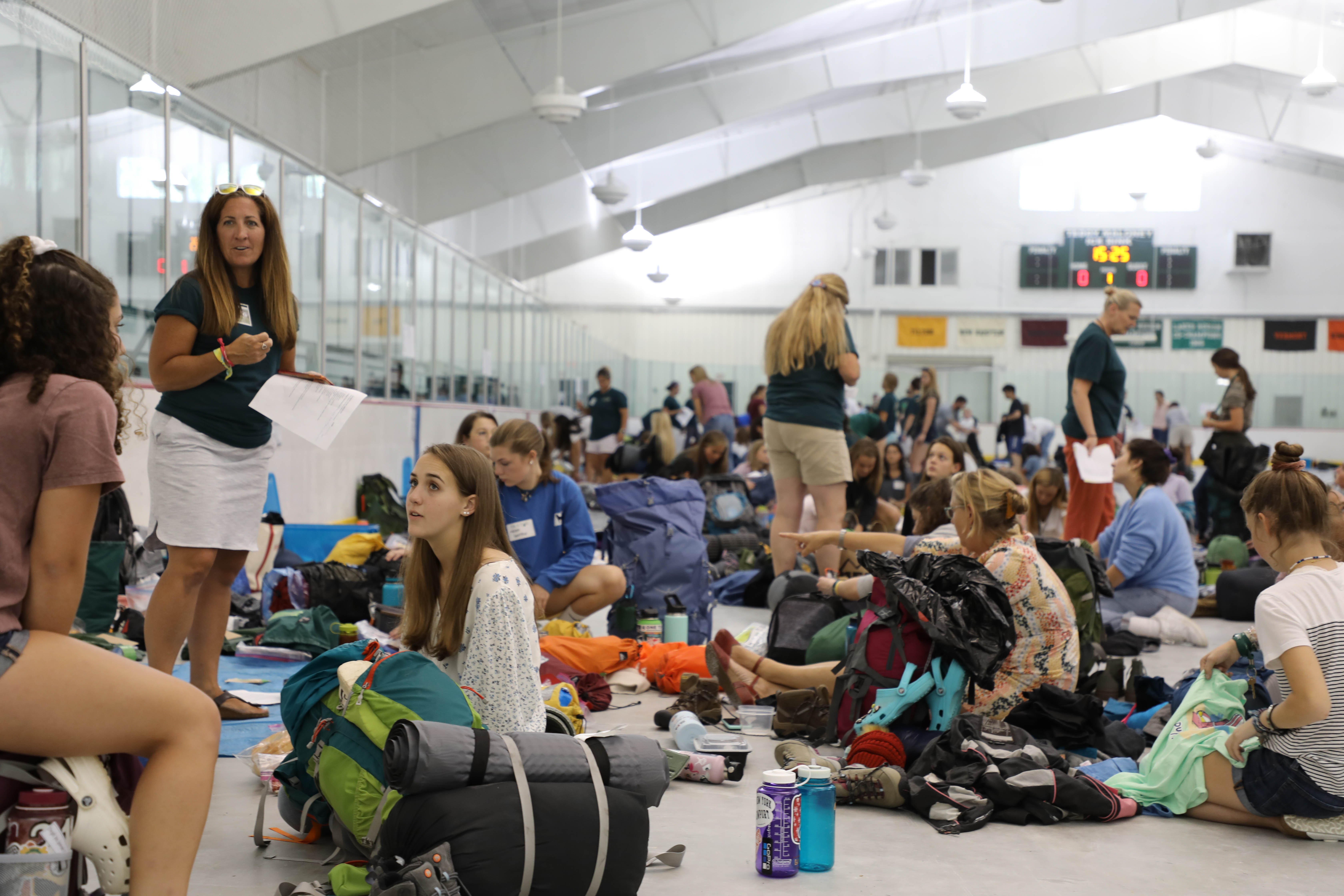
For 49 years, Proctor’s faculty have organized and executed this backpacking trip for new students. Faculty leaders have seen every type of weather imaginable. They have helped students with no outdoors experience learn to hang their tarp, keep their boots dry, and cook on a camp stove. They have helped calm the nerves of students (and parents), and year after year we hear the same message from our students as they emerge from the woods, “That was amazing!”
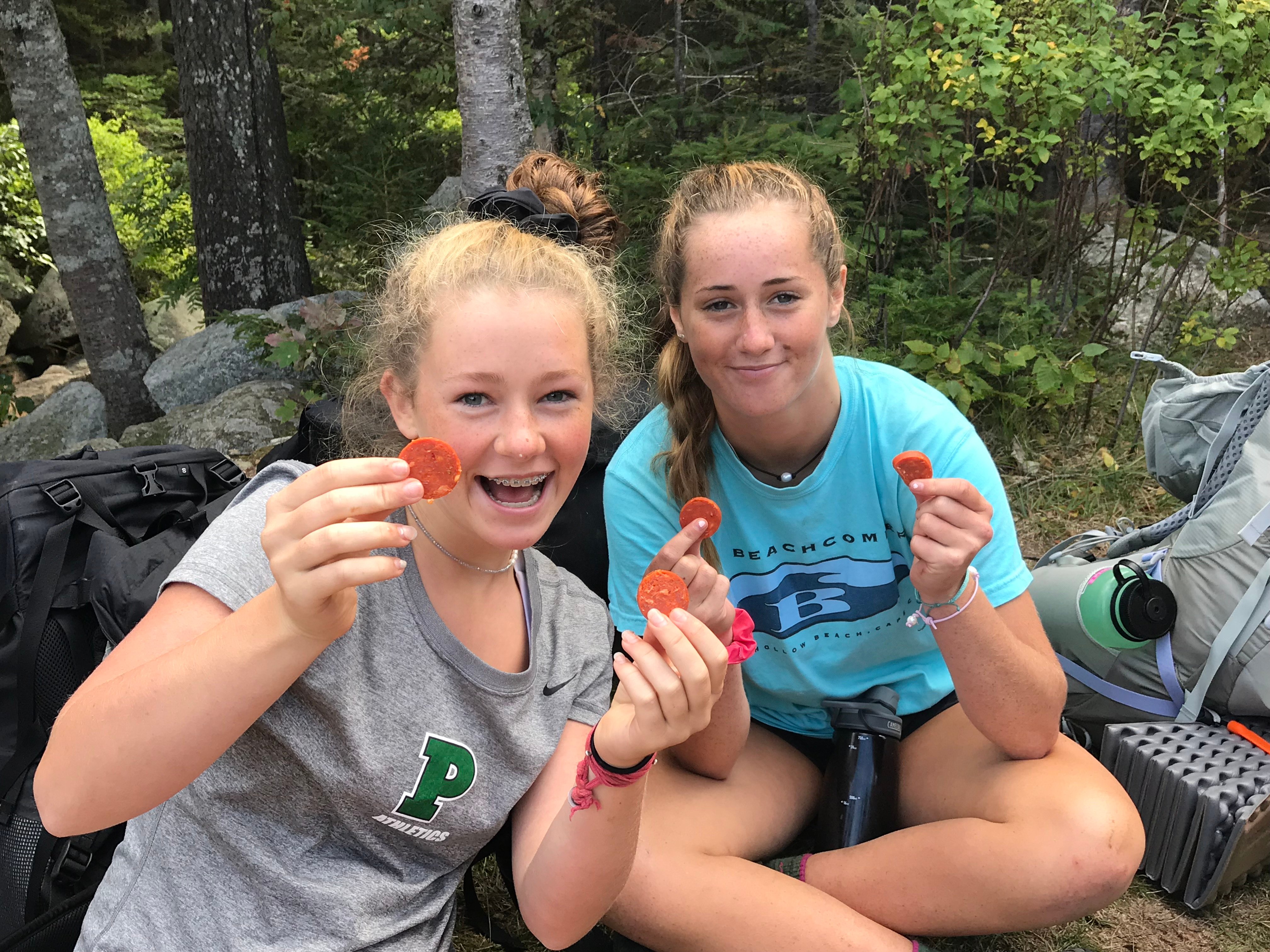
We think we know the tools students need to navigate adolescence. We continually engage in professional development to better understand our students as learners. We have developed extensive wellness curriculum, host guest speakers, and sustain an educational model where the most amazing faculty intersect the lives of students in a myriad of different ways. And yet, sometimes we must allow ourselves to zoom out from the programming, from the classes, from the over-complication of our job as educators, and focus on the core of our students and their needs.
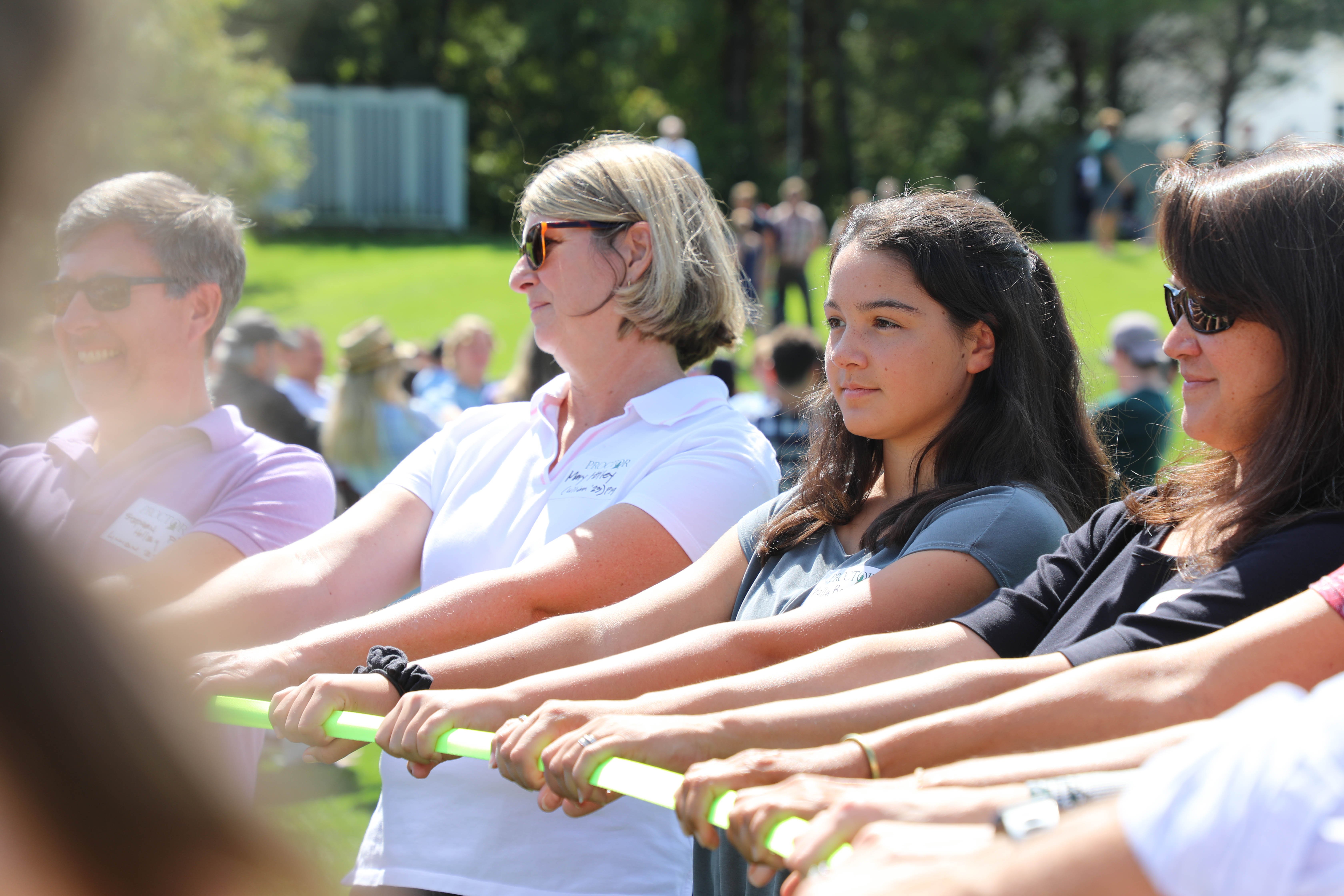
Legendary basketball coach John Wooden had just three rules for his UCLA teams of the 1960s and 1970s. Just three: no tardiness, no profanity, and no criticizing teammates. The result? Ten NCAA Championships (seven consecutive) in a twelve year period, an unmatched 88-game win streak, and perhaps most impressively, a profound respect among players for the humanity of their teammates and coaches. If we were to overlay Wooden’s wisdom of simplicity on Proctor, what would be our three core beliefs?
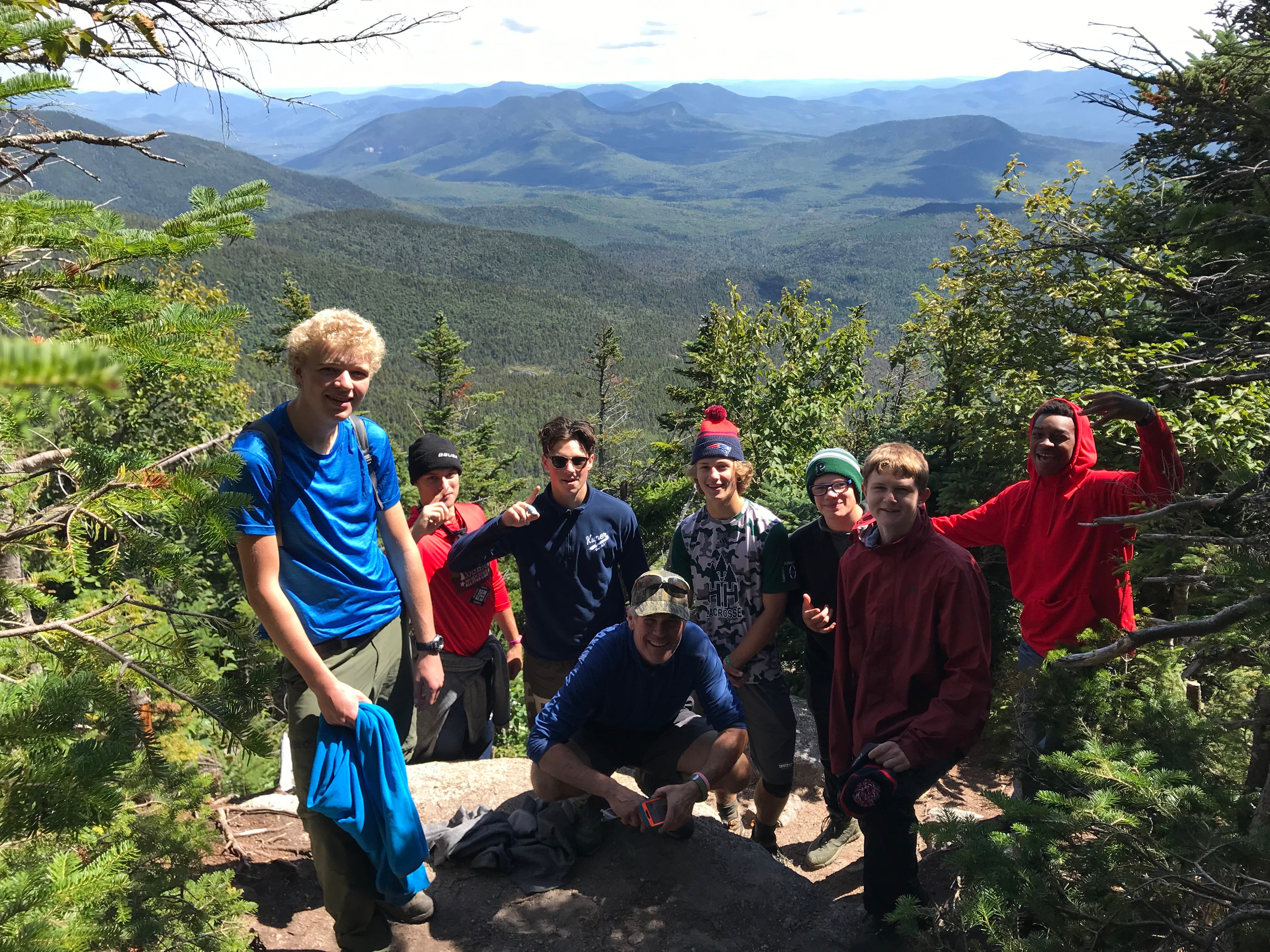
Wilderness Orientation, a cornerstone of Proctor’s educational model, offers three lessons that can and should carry over into our daily lives well after we have enjoyed the post-Orientation shower and cleaned out our packs.
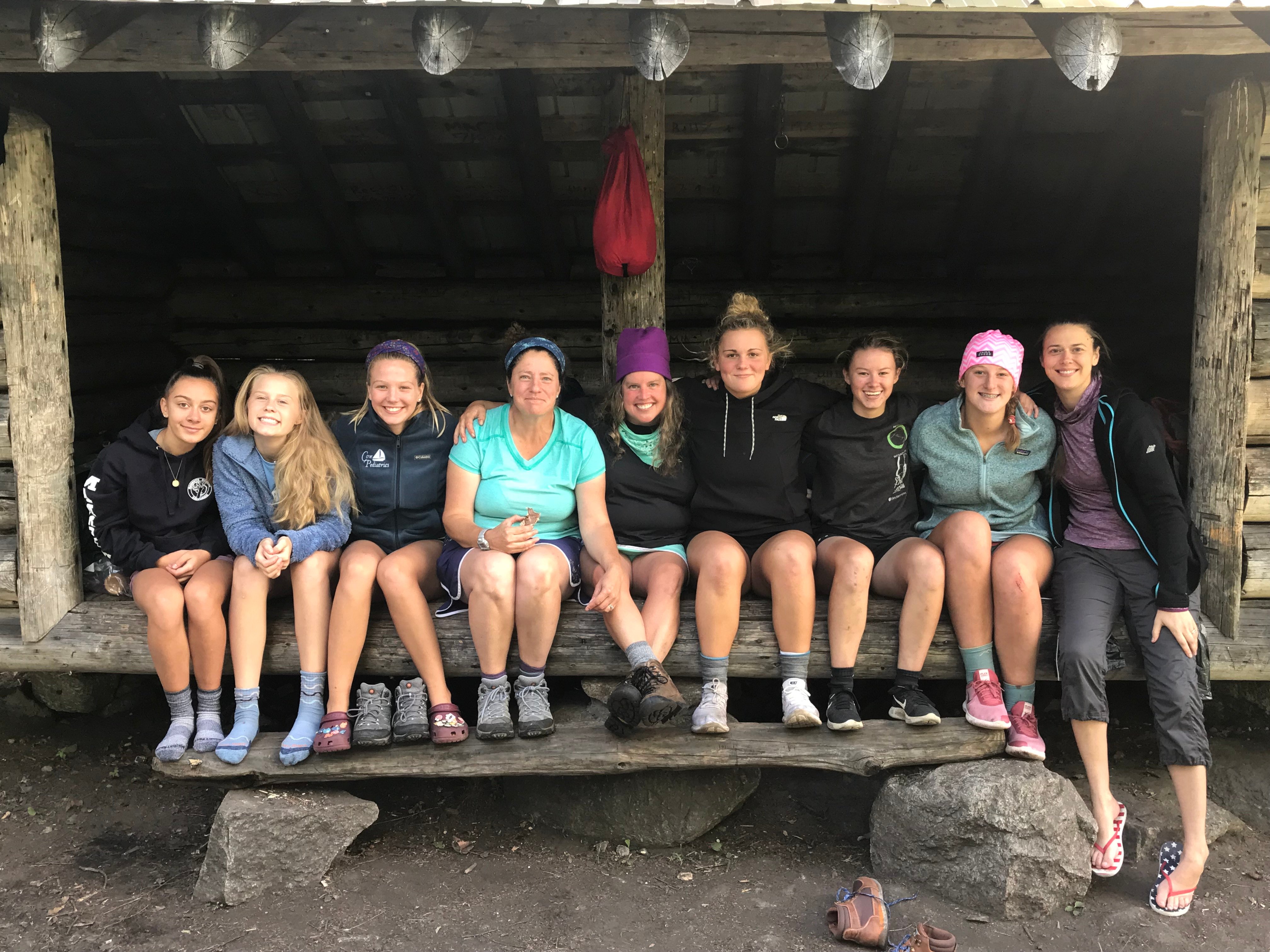
1) Human Connection Matters:
Our devices have become our crutch for any situation that hints of discomfort. Standing in an elevator with strangers? Pull out your phone and check email. Waiting for public transit to arrive? Pull out your phone and scroll. Sitting at the dining hall and anxiously waiting to see if anyone will sit with you? Pull out your phone and look content. Connection in today’s technology saturated world does not happen by chance. It requires untethered experiences like Wilderness Orientation to reground all of us in our knowledge that as social animals, we require face to face interaction with each other to thrive. Our challenge is to allow this powerful lesson to carry over into our daily lives at Proctor. Can we challenge ourselves to walk the pathways between classes without looking at our phones? Can we willingly move toward a tech-free academic day, not as a punishment, but as an encouragement to fuel ourselves through human connection? We hope so.
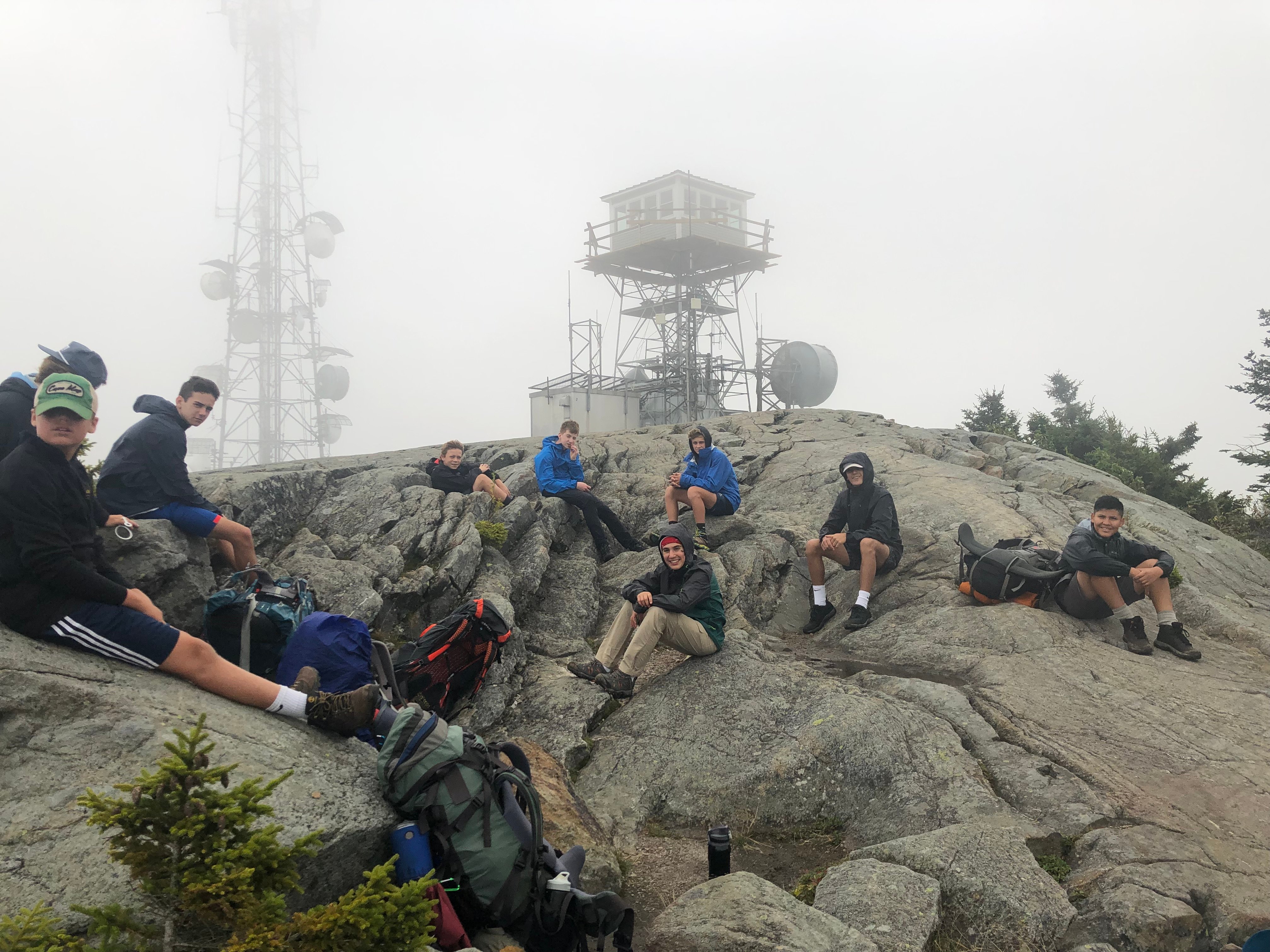
2) We Can Do Hard Things:
Proctor’s mission states clearly we value diverse learners. We never want to be one of those cookie-cutter schools whose students all hail from Lake Wobegon. We want to embrace the messiness that is authentic learning with real kids who have come to face to face with their learning challenges. We have all encountered challenges in our lives. For some of us it is reading or math or executive functioning. For others of us, our struggles center around family dynamics, our relationship with food, substance, exercise, or technology. By embracing a student (and adult) community where it’s ok to be imperfect, we teach ourselves the value of doing hard things. Wilderness Orientation levels the playing field for our students. It disregards the usual academic strengths and weaknesses that have always defined their school experience, and instead elevates the characteristics that we believe matter most in life: teamwork, perseverance, collaboration, respect, compassion. By teaching our students they can do hard things, we lay the foundation for the rest of their Proctor experience, and, hopefully, for the rest of their lives.
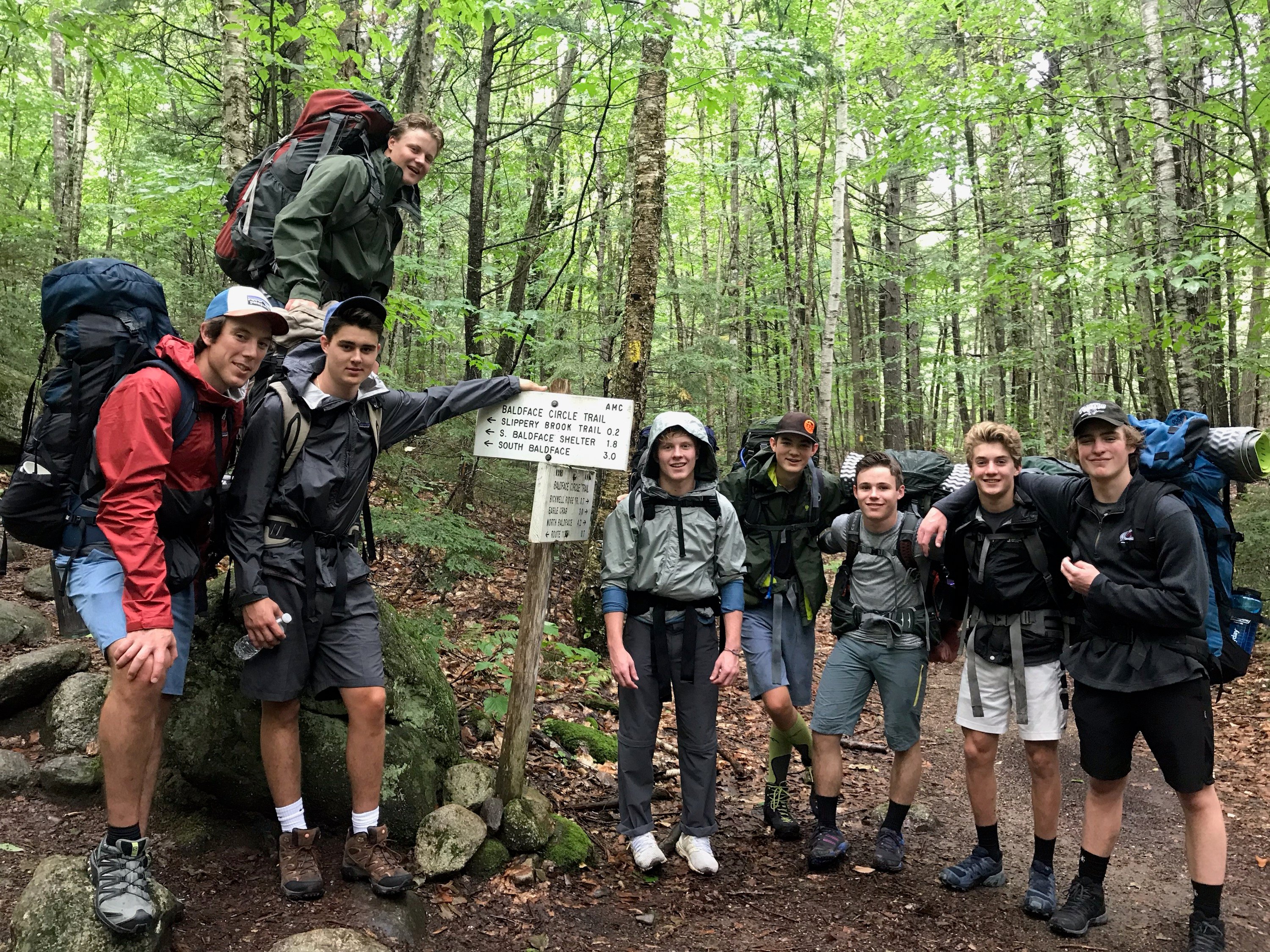
3) Time In Nature Heals:
Whether it is kayaking the Blackwater River, chopping firewood for our four wood-heated dormitories and sugar house, hiking on Wilderness Orientation, or gathering sap during Project Period, when we are engaged with nature, we fundamentally feel different. Our mood lightens, our senses quicken. We are reminded there is more to life than emails, Instagram feeds, and lesson plans. We must move away from the concept of maximizing our life, to the idea of optimizing our life. More is not always better. It's ok to take a break from the notion of "productivity" and instead spend time in nature. Research has proven that when we prioritize our connection to the natural world, we are healthier, happier, and more able to manage the stressors that inevitably flood our lives. As we spend time on Wilderness Orientation (and outside during Sports Camp) this week, we center ourselves for the year ahead. Finding ways to integrate time in nature into our daily life at Proctor - in classes, with advisories, through afternoon program - is critical to developing healthy, engaged adolescents who understand themselves and how to refuel when their tanks feel empty.








